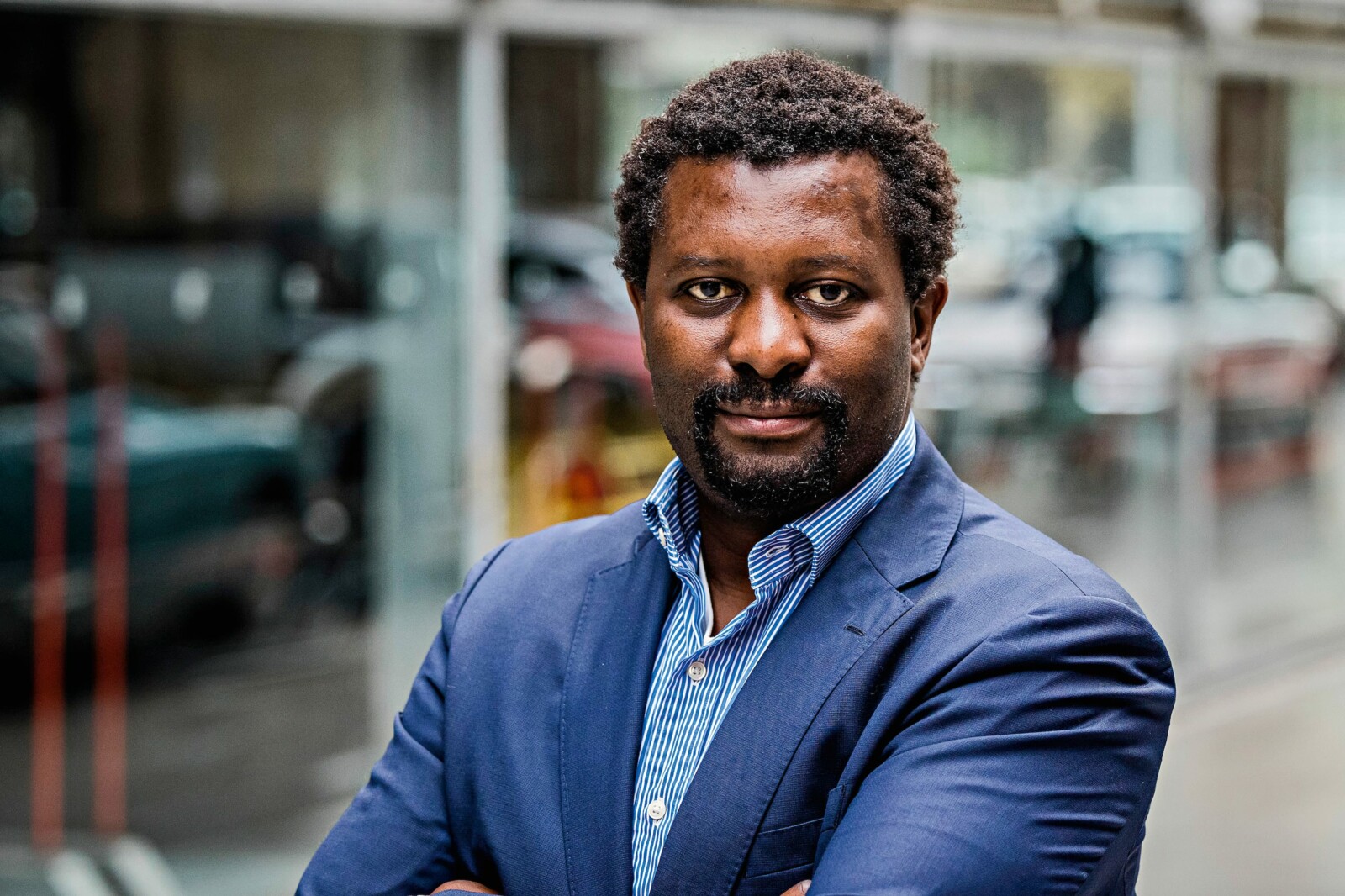But aren’t cars always associated with emotions?
Cars are still status symbols today. But if that’s no longer the case, the aesthetics of cars won’t play a role, either. When I drive around town in a Ferrari today, my friends will be impressed. And if that’s no longer the case, Ferrari will only remain attractive for motorsports fans. That’s a much smaller group of people. If you’re no longer able to experience speed yourself on highways and there are no car races any more, the interest will go on to shrink. If it’s no longer important for the automotive industry to build aesthetically attractive cars, functionality will become the only thing that counts – and that takes me back to buses. A car for only two people is clearly less functional than a vehicle for fifty passengers. And all of a sudden, the bus is more attractive than the sports car. This change in perception has already started. Laws on environmental protection will contribute to making cars smaller. So that we no longer have to move two tons in order to be able to transport a person of eighty kilos. The next questions will then be: why don’t we use e-bikes or other electrified means of transport? And what about beaming? I think that many aspects of cars will be challenged.
The topic of user experience is very emotional – it’s all about intense experiences. How will it make us feel if we perceive cars in a purely rational way, if functionality becomes the only thing that counts? What about the aspect of individualism?
We’re talking about two different topics here: cars and mobility. People want to remain mobile. But maybe mobility doesn’t mean any longer that we drive all the way from Berlin to Hamburg to have a blast. Maybe, we’ll just go by bike to Berlin’s surroundings. I’m still mobile, but I don’t have to drive 250 kilometers. Traveling means broadening our horizons. That’s not going to change. The way in which we travel is going to change, however. Curious people will still travel to the other side of the world to experience other cultures – and they will do so much more consciously. Today people travel to Singapore only to eat the same schnitzel as in Germany. Beaches have to be as clean and tidy as the beaches at the North Sea, including the typical beach chairs. People don’t want things to be different, they just want to experience the things they know in a different location. Just to tick off another item on their list of travel destinations. When traveling becomes more expensive and people are then only able to afford going to distant countries once or twice in their lives, they’ll choose very wisely where they want to go. In the foreign countries, they’ll walk a lot to meet as many people as possible, to experience cultural exchange. Traveling won’t be about lying on the beach for two weeks on end, but about two weeks of experiencing foreign cultures and exchanges with people. Maybe people will even learn languages to be able to better understand the differences between cultures. The times in which we had everything and used everything excessively are coming to an end. I don’t think that this means a reduction in the quality of our lives. Some environmentalists make it sound as if it was all about not having fun any more.
What’s your perspective on life?
Mankind will be faced with a difficult transformation. Today, everyone wants to have as much as possible. Instantly. But we’re living on a planet with limited resources. So we’ll have to share these resources. Everyone will have to use their resources in a more conscious and more targeted way.

